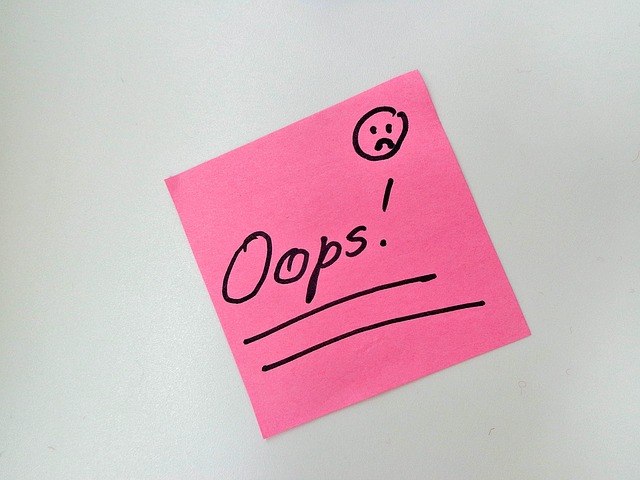
The authors of a 2019 paper on rubber gloves have retracted their work after the journal to which they’d submitted their manuscript somehow missed their request to put a hold on the article.
The paper, “Are rubber gloves marketed as accelerator-free truly free of accelerators?,” was published in Dermatitis, a Lippincott Williams & Wilkins title. The authors, led by Makenzie Pillsbury, of the University of Minnesota, had looked for traces of potential allergens in gloves. According to the abstract of the article:
A total of 16 commercially available medical gloves touted as “accelerator-free,” “sensitive,” or “low dermatitis potential” were obtained and analyzed via mass spectrometry (liquid chromatography heated electrospray ionization tandem mass spectrometry and liquid chromatography heated electrospray high-resolution tandem mass spectrometry) to determine whether any of the 9 known rubber accelerators were present (thiurams, carbamates, mercaptobenzothiazole, and diphenylguanidine).
Despite marketing claims to the contrary, all tested gloves had at least 1 accelerant detected. Dipentamethylenethiuram disulfide, a thiuram, was found in all 16 gloves. Half of the gloves (8/16) contained more than 1 accelerator, with 1 glove having 5 rubber accelerators present.
But Pillsbury told us that after the team received word that their paper had been accepted, they noticed some errors in their analysis:
We requested a retraction in August 2019 when we noticed some discrepancies in the original data, we had planned to wait to publish after completing subsequent experiments. I was told by the editors of the journal in August that our manuscript would not be published. They let us know that there had been a miscommunication between their internal staff that allowed the original paper to go into publication.
The result was the following:
After approval for publication, the authors requested the article not be published but this request was inadvertently not followed.
Another mistake: The journal appears to have two titles for the paper — a glitch the authors were at a loss to explain.
Co-author Sara Hylwa-Duefel told us:
they confirmed with us that it would not be published after we asked to hold it while we retested our data. They confirmed it would not be published. We were then shocked to find that it was published – especially as we did not receive a copy for editting as is standard or queries to make sure our affiliations etc were correct as [is] the norm!
Hylwa-Duefel added:
once our research is completed we will submit again – although probably not to the same journal after this fiasco.
The editor of the journal, Ponciano Cruz Jr., of UT Southwestern, told us:
There was a change in the Production Staff at the Publisher and the decision to retract was not conveyed adequately by the old to the new personnel, including the change in title at a time of the transition in which it was still due to be published.
Like Retraction Watch? You can make a tax-deductible contribution to support our work, follow us on Twitter, like us on Facebook, add us to your RSS reader, or subscribe to our daily digest. If you find a retraction that’s not in our database, you can let us know here. For comments or feedback, email us at [email protected].